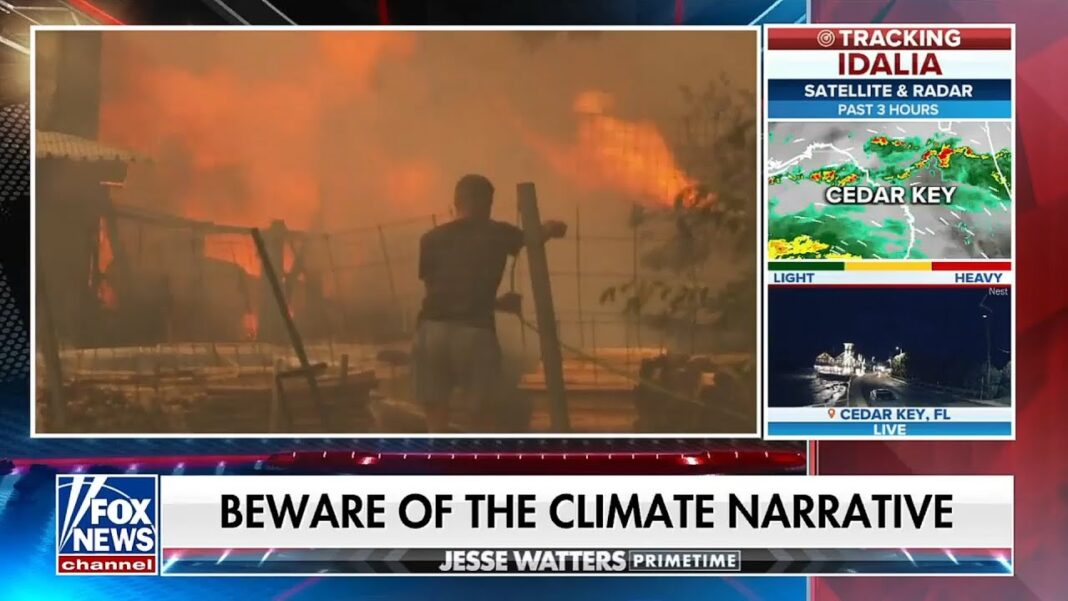A new study shows a growing amount of climate-skeptical content on YouTube and an increase in climate-skeptical views among teenagers.
A recent study has revealed significant skepticism among young audiences regarding climate alarmism, a development that poses a challenge to advocates of urgent climate action but is likely to be welcomed by those who see stoking fear about the supposed ills of global warming as exaggerated.
The study was released on Jan. 16 by the Center for Countering Digital Hate (CCDH), a left-leaning organization that was sued by Elon Musk for allegedly engaging in a “scare campaign” to drive away advertisers.
The study reveals a significant increase between 2018 and 2023 in YouTube content that expresses one of the following three viewpoints: “climate solutions won’t work,” “climate science and the climate movement are unreliable,” or “the impacts of global warming are beneficial or harmless.”
Researchers also found that roughly one-third of teenagers (the predominant YouTube audience) hold views such as “climate policies cause more harm than good” or consider “climate change a hoax to control and oppress people.”
The findings—which the CCDH calls alarming and “startling”—suggest that there’s a growing rejection of climate narratives that emphasize imminent global catastrophe.
The group says it finds the trend troubling—and is urging big tech platforms such as YouTube to censor content that “contradicts the authoritative scientific consensus” on climate change.
However, the trend revealed by the research is likely to be seen as a breath of fresh air by skeptics of climate alarmism, as well as by those who believe that climate activism is about political control or has morphed into some kind of secular religion, which is sometimes labeled the “climate cult.”
‘New Climate Denial’
Researchers at the CCDH gathered transcripts from more than 12,000 videos posted across 96 YouTube channels between 2018 and 2023, then analyzed the content from the perspective of climate change-related narratives.
They found a sharp increase in what they call a “new climate denial,” defined as three increasingly prevalent narratives: “climate solutions won’t work,” “climate science and the climate movement are unreliable,” and “the impacts of global warming are beneficial or harmless.”
By Tom Ozimek








